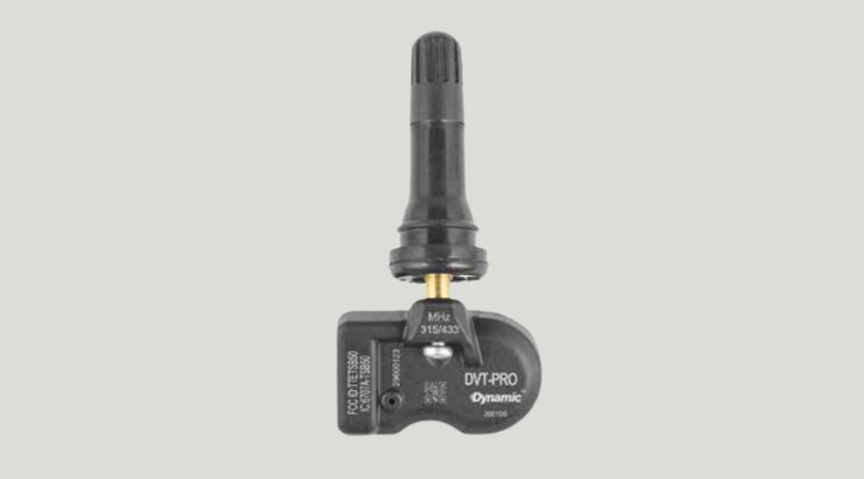In today’s automotive world, safety and efficiency are paramount. One often overlooked component that plays a crucial role in both is the Tire Pressure Monitoring System (TPMS). At the heart of this system are TMPS valves, small but mighty devices that ensure your tires are always at the optimal pressure. Upgrading to high-quality TPMS valves can benefit vehicle owners and fleet managers alike.
Understanding TPMS Valves
TPMS valves are specialized valve stems that house sensors that continuously monitor tire pressure. These sensors transmit data to your vehicle’s onboard computer, alerting you when tire pressure falls below the recommended level. While standard TPMS valves perform this basic function, high-quality variants offer enhanced durability, accuracy, and additional features.
Enhanced Safety on the Road
One of the primary benefits of upgrading to premium TPMS valves is the significant boost in safety they provide. High-quality valves offer more precise pressure readings, ensuring that you’re always aware of your tires’ exact condition. This accuracy can be crucial in preventing blowouts and maintaining optimal handling, especially during emergency maneuvers or long drives.
Improved Fuel Efficiency
Properly inflated tires are key to maximizing fuel efficiency. High-end TPMS valves provide more frequent and accurate pressure readings, allowing drivers to maintain optimal tire pressure consistently. This can lead to noticeable improvements in fuel economy, potentially saving hundreds of dollars annually for frequent drivers or fleet operators.
Extended Tire Life
Quality TPMS valves contribute to prolonged tire life by ensuring even wear. When tires are consistently maintained at the correct pressure, they wear more uniformly, extending their lifespan. This not only saves money on replacements but also reduces the environmental impact of premature tire disposal.
Advanced Features and Compatibility
Many high-quality TPMS valves come with advanced features such as:
- Temperature monitoring
- Pressure trend analysis
- Compatibility with smartphone apps for easy monitoring
- Longer battery life
These features provide a more comprehensive view of tire health and can integrate seamlessly with modern vehicle systems.
Durability and Reliability
Premium TPMS valves are constructed with high-grade materials that withstand harsh road conditions, extreme temperatures, and exposure to corrosive elements. This durability translates to fewer replacements and more reliable performance over time, reducing maintenance costs and vehicle downtime.
Cost-Effectiveness in the Long Run
While high-quality TPMS valves may have a higher upfront cost, they often prove more cost-effective in the long term. Their durability means fewer replacements and their accuracy can lead to savings in fuel and tire costs that quickly offset the initial investment.
Future Trends and Innovations
The field of TPMS technology is rapidly evolving. Future innovations may include integration with vehicle-to-vehicle communication systems, predictive maintenance capabilities, and even self-adjusting tire pressure systems. Investing in high-quality TPMS valves now can ensure compatibility with these upcoming technologies.
Conclusion
Upgrading to high-quality TPMS valves is more than just a minor vehicle enhancement—it’s an investment in safety, efficiency, and long-term cost savings. As automotive technology continues to advance, ensuring that critical components like TPMS valves are up to par becomes increasingly important. For those looking to optimize their vehicle’s performance and safety, upgrading TPMS valves is a smart choice that pays dividends on the road ahead.


